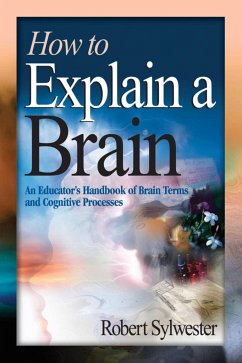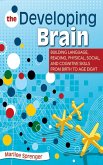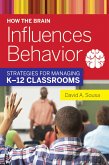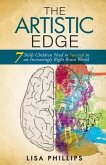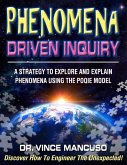Noted author Robert Sylwester offers educators and general readers his own definitions for terms used in the cognitive neurosciences. This unique look into the marvelous brain uses language and descriptions that are accessible to readers, even those with just a limited understanding of biology. Discover how our brain is organized and develops, and how educators can use this emerging understanding of cognition to enhance student learning and the school environment. This ready-reference guide to essential concepts and terms in cognitive neurosciences includes: -Nearly three hundred encyclopedic entries and cross references created to help educators understand key concepts about our brain's organization, development, and learning capabilities -Eleven newly created anatomic models and illustrations that focus on key brain systems and functions -References and recommended print and Internet resources How to Explain a Brain celebrates the brain in all its wonder and is sure to become a reference book of choice for teachers, instructional leaders, and teacher educators.
Hinweis: Dieser Artikel kann nur an eine deutsche Lieferadresse ausgeliefert werden.
Hinweis: Dieser Artikel kann nur an eine deutsche Lieferadresse ausgeliefert werden.
